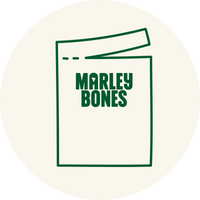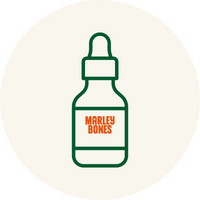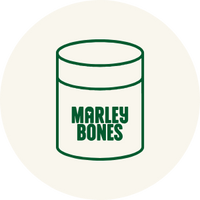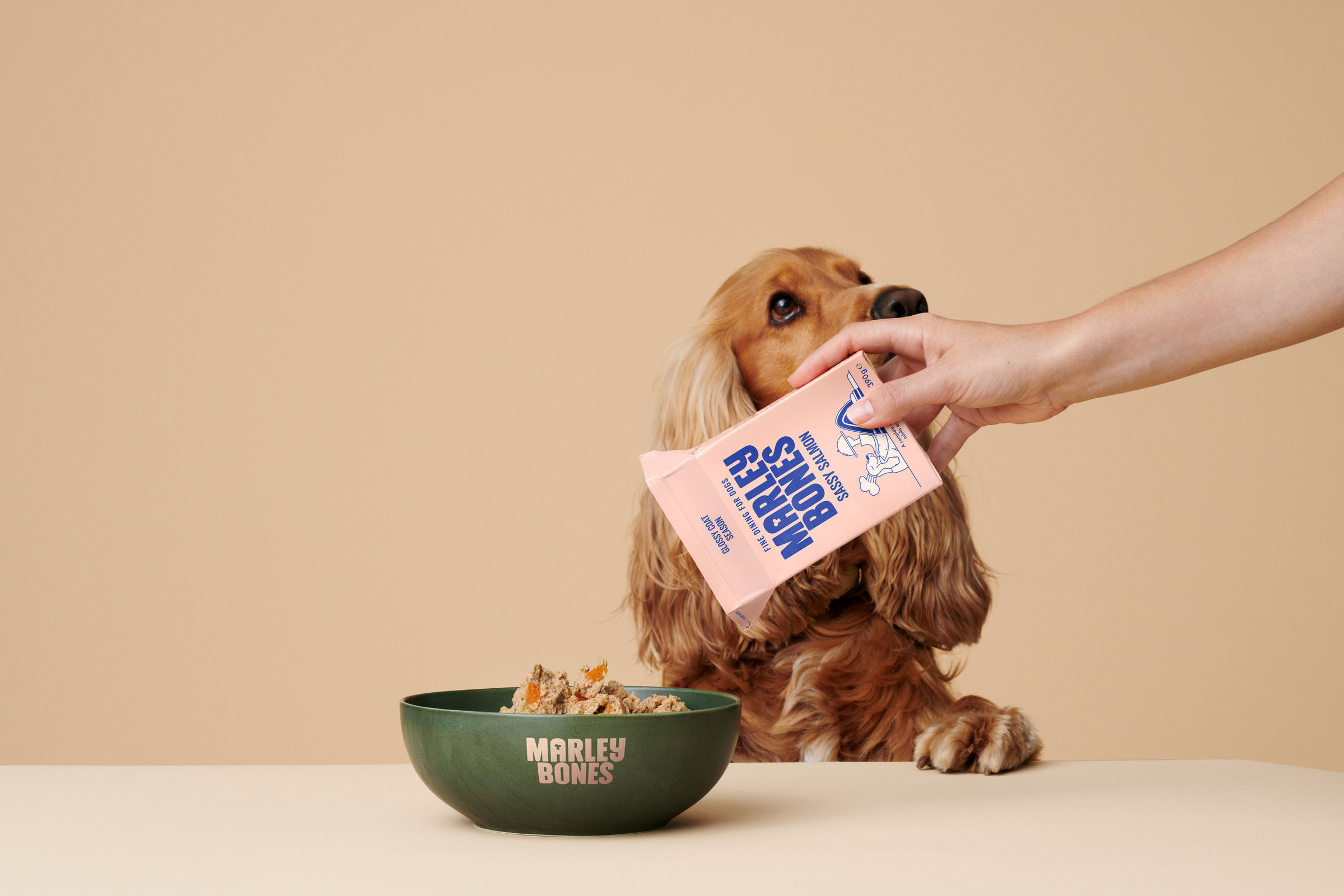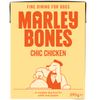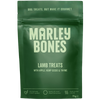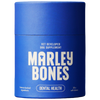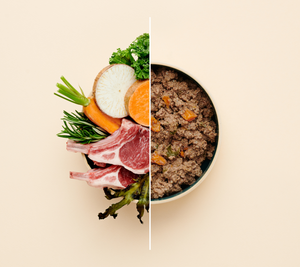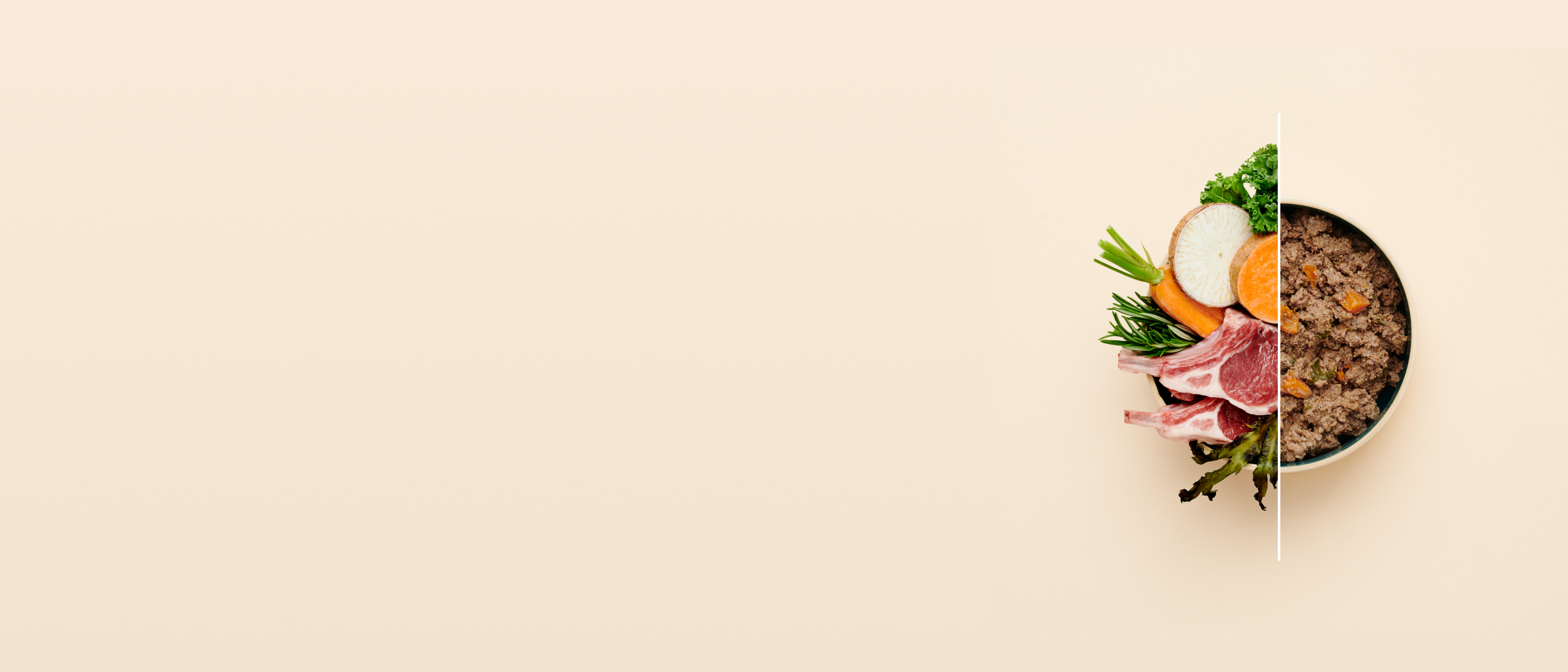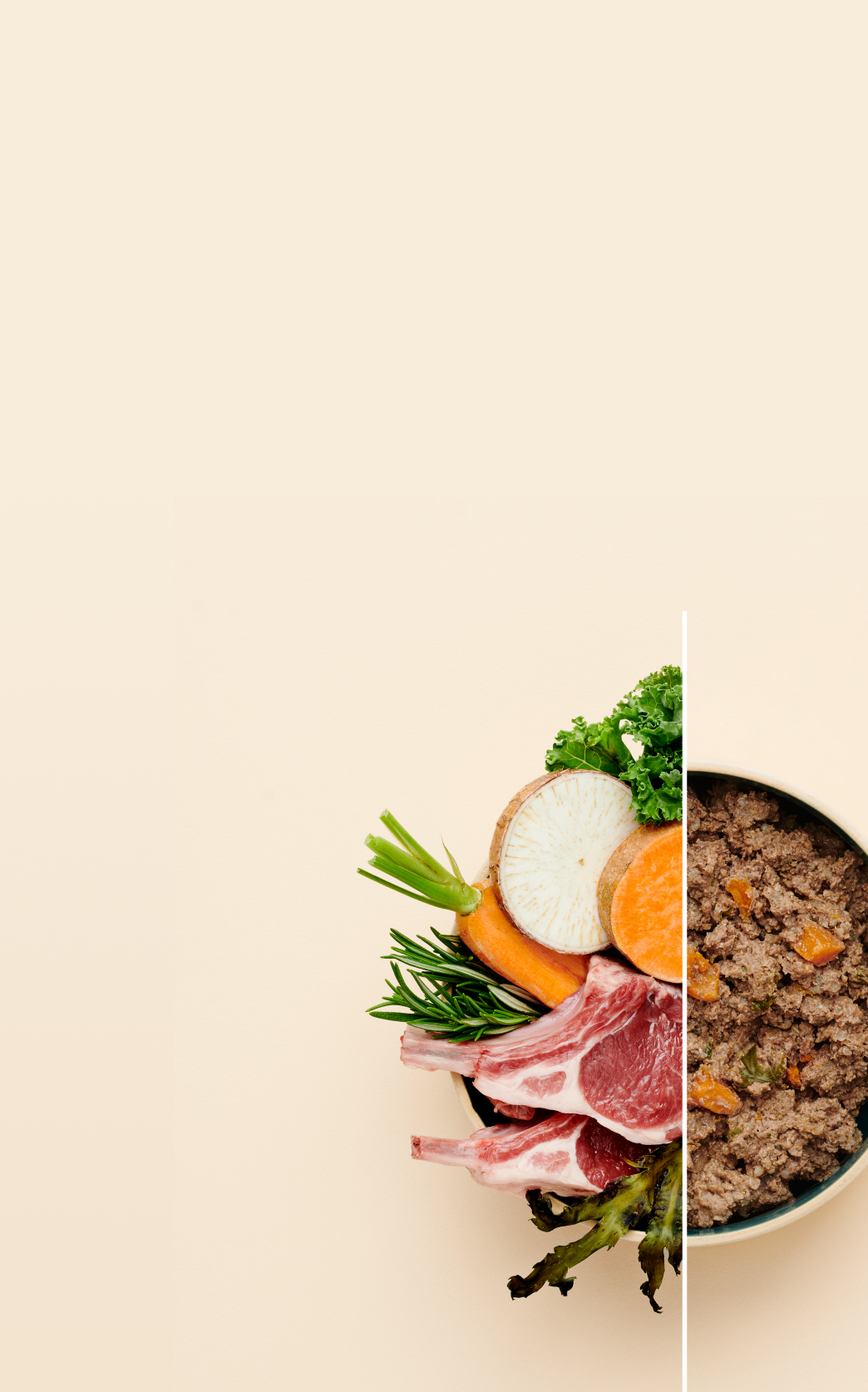Can My Dog Eat Cheese? The Truth for Pet Owners
Let’s be honest - it’s hard to resist cheese. Whether it’s grated on toast, melted into pasta or just nicked from the fridge, cheese is a go-to comfort food for many of us. So it’s no surprise that plenty of dog owners wonder, “Can I share a bit with my pup?” The answer is yes - but with a few very important ‘buts’.
Cheese isn't toxic to dogs, but it’s not a free-for-all either. Some dogs tolerate it well, others don’t - especially those with dairy sensitivities. And not all cheeses are created equal. So before you start sharing cheddar with your furry best mate, here’s everything you need to know.
Is Cheese Safe For Dogs?
In most cases, yes - dogs can eat cheese in small amounts. It’s often used by vets and trainers as a high-value reward or a sneaky way to hide tablets. That said, it should only ever be an occasional treat. Cheese is high in fat, can be salty, and some varieties contain seasonings that are harmful to dogs – things like onion or garlic powder, which are a definite no-go.
You’ll also need to consider your dog’s ability to digest dairy. Many dogs are lactose intolerant, which means they lack the enzyme (lactase) needed to break down lactose, the sugar found in milk. This can lead to gas, diarrhoea or a dodgy stomach. If you’ve never given your dog cheese before, start with a small nibble and keep an eye on how they react.
The Good Stuff: Nutritional Benefits
Surprisingly, cheese does offer some nutritional value - if served sensibly. It’s rich in calcium, which supports bone and dental health, and also provides protein for muscle development and maintenance. Vitamins A and B-complex found in cheese help with metabolism, skin health and immune function.
Low-fat cheeses like cottage cheese or mozzarella tend to be gentler on your dog’s stomach and contain less salt. These are often the best choices if you’re treating your dog to a cheesy bite now and then.

The Not-So-Good Stuff: Risks To Be Aware Of
While it can have benefits, cheese isn’t without its downsides. The fat content in many cheeses is high. This can quickly lead to weight gain - especially in smaller or less active dogs - and over time, may contribute to obesity-related issues like arthritis or diabetes.
More seriously, high-fat foods like cheese can trigger pancreatitis in dogs, a painful inflammation of the pancreas. If your dog has ever suffered from this, cheese should be off the menu completely.
Then there’s the salt. Too much sodium can cause excessive thirst and urination, and in rare cases, sodium poisoning. Dogs with heart conditions or kidney issues especially need to avoid salty snacks.
And, as mentioned earlier, lactose intolerance is fairly common. Even small amounts of cheese can cause an upset stomach in sensitive dogs. Others may have dairy allergies that show up as itchy skin, ear infections or general digestive upset. So if your dog doesn’t tolerate cheese, it’s not worth the risk.
How Much Is Too Much?
Cheese should always be treated as an occasional indulgence, not a daily habit. A general rule of thumb: treats should make up no more than 10% of your dog’s daily calorie intake. So if your dog eats 500 calories a day, no more than 50 of those should come from treats – including cheese.
Stick to small cubes or thin slices, and avoid offering cheese every day. Think of it as a once-in-a-while reward rather than a regular snack.
What Type of Cheeses Are Best?
If your dog can handle dairy, opt for plain, low-fat, and low-sodium cheeses. Cottage cheese is a great choice as it’s relatively low in fat and lactose. Mozzarella and plain cream cheese (in very small amounts) can also work. Always check the label and avoid anything with added herbs, spices or flavourings.
Definitely avoid blue cheese, heavily processed cheese products, and anything seasoned with garlic or onion – these can be dangerous for dogs.
Signs Cheese Isn't Agreeing With Your Dog
Keep an eye on your dog after giving them cheese for the first time. Signs that something’s not quite right include soft stools, vomiting, excessive gas, bloating, or skin irritation. You might also notice they’re thirstier than usual or seem generally off.
If you spot any of these, stop feeding cheese straight away. Mild symptoms often pass on their own, but if they persist for more than a day or seem severe, a call to the vet is the safest move.

Healthier Alternatives to Cheese
Not every dog needs cheese in their life – and that’s okay. If you’re looking for tasty, nutritious treats, there are plenty of alternatives that won’t come with the same risks.
Raw veggies like carrots, cucumber and green beans make brilliant low-calorie snacks. Apple slices (without the seeds) are a sweet treat many dogs love. You can also try cooked lean meats like chicken or turkey.
If you prefer something ready-made, opt for high-quality dog treats made with simple, natural ingredients. Marleybones treats are a great example – they’re nutritionally balanced, FEDIAF-compliant, and specifically designed with canine health in mind. They also deliver on taste, with British meat as the number 1 ingredient.

The Final Woof
So, can your dog eat cheese? Yes – but only if they tolerate dairy, and only in small amounts. The safest approach is to treat cheese as an occasional indulgence, not a daily snack. Choose low-fat, plain varieties, avoid anything heavily processed, and always keep an eye out for any digestive issues or changes in behaviour.
Every dog is different, so if in doubt, check with your vet before adding cheese to your pup’s treat list. A little bit might go a long way – but your dog’s health and happiness always comes first.


